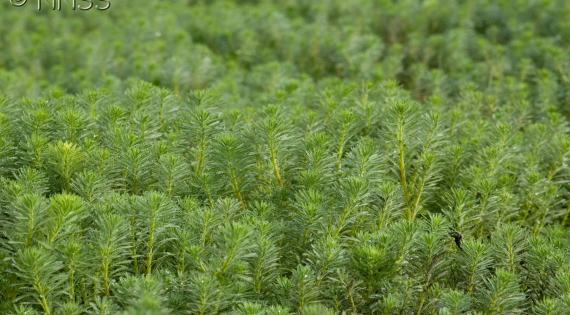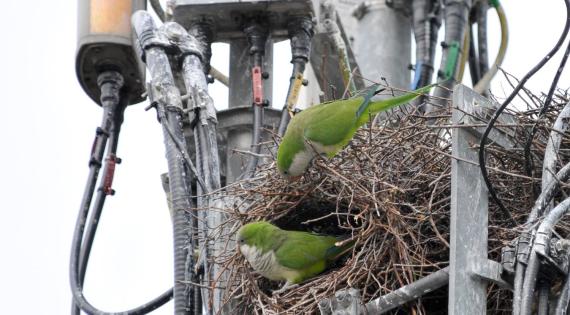Biological invasions are a major driver of global biodiversity change. There are about 2000 alien species in Britain and some have adverse effects on other wildlife and the functioning of ecosystems. Some also negatively impact on our health and interfere with activities we enjoy.
To mark this year’s Invasive Species Week (16-22 May 2022), ecologist Jodey Peyton tells us about a project, funded by the European Commission, that aims to improve understanding and communication on the EU Regulation 1143/2014 on Invasive Alien Species, which details measures to be taken across the EU in relation to alien invasive species of concern.
Invasive alien species are animals and plants that are introduced either unintentionally or intentionally by humans into regions beyond their natural range, with serious negative consequences for their new environment and for society.
The threat from biological invasions spans borders and coordinated action is considered to be important. Along with Atlantic Technological University in Ireland, we co-lead a European-wide project that brings different sectors together to exchange ideas and improve communication on the importance of reducing the impacts of biological invasions in nature.
Our overall aim is to increase understanding and communication on invasive alien species. By raising awareness and encouraging behaviour change, we can help tackle the introduction and spread of invasive alien species and reduce the risks of some invasive alien species arriving where they are not wanted.
The project established five cluster groups focused on key pathways for the introduction or spread of invasive alien species:
- Aquatic ornamentals: plants or animals escaping or released from garden ponds, water gardens and aquaria often reproduce rapidly
- Aquatic recreation: plants and animals can spread on fishing tackle or other angling equipment
- Forest ecosystems: forests are under pressure because of climate change and outbreaks of pests and diseases
- Pet species: some animals kept as pets have escaped captivity and established in the wild and become invasive alien species
- Soil transport: plant species can cause damage through the expansion of their root and rhizome networks.
We have worked with stakeholders within the different sectors to share knowledge and information through facilitated open discussion including potential future actions through a Communication Campaign.

